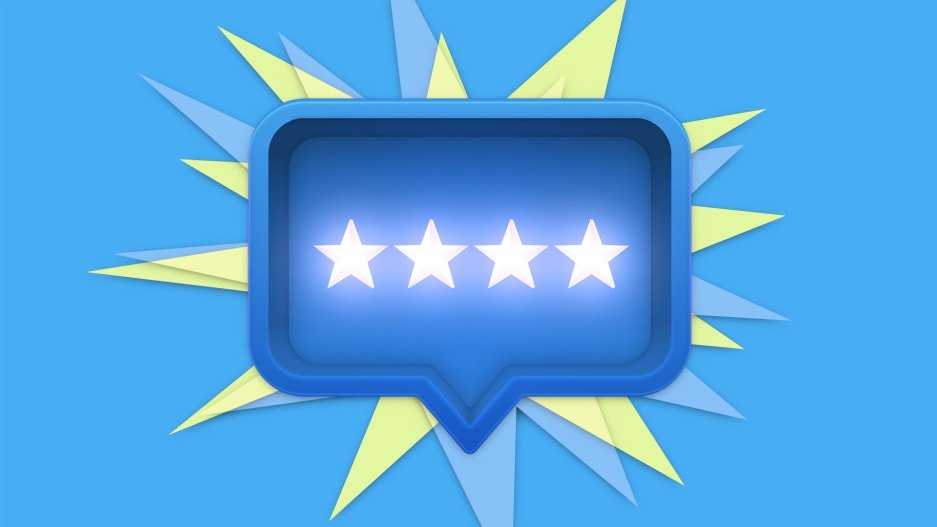The Direct Link Between Company Culture and Customer Loyalty
In recent years, we’ve seen growing emphasis on culture as a driver of business success—with plenty of data to prove it. One study found that engaged employees can drive a 21% increase in profitability, and a 10% bump in customer ratings. But still, when I get into a room with investors today, talking culture feels like speaking another language.
Too often, business success is over rationalized. We forget that rapid growth—exciting growth—doesn’t happen because of a smart business plan. It happens when a company has a entrepreneurial culture. When employees feel empowered to throw the plan out the window and take a risk.
This kind of culture doesn’t grow magically out of a company’s ethos or values. A winning culture is defined by action. And to grasp its true impact, investors and business leaders must think about culture more holistically. We have to understand how culture can fundamentally shift the way a company makes decisions,in a way that will always result in better outcomes for the business.
WHAT A WINNING CULTURE LOOKS LIKE IN ACTION
To illustrate this, I often tell a story about how we built the logistics department at my company. At first, we considered hiring a leading logistics expert from a competitor. The ask? Bring us a plan that will give us an edge over the competition. But after deep thinking, we realized that an expert couldn’t deliver what we were looking for. An old hand would follow the best practice. To win, we needed the unexpected.
So we changed track. We got a bright trainee right out of university—a smart kid who knew nothing about logistics, but was capable of learning fast. He spent time with all the big logistics companies in the country, took the best from each, and invented his own way. Today, that same logistics operation helps us deliver to our customers faster than competitors.
The lesson here is simple: creating an environment where people feel empowered to take risks is fundamental to fostering innovation. By listening to people who are just starting out, we move away from the expected answer. Option A is to continue as you are, with little change and predictable growth. Option B is to take a chance on a major disruption, where the potential is limitless.
HOW TO KNOW IF YOUR CULTURE IS BUILT FOR INNOVATION
So, in order to succeed, a company must empower innovation at all levels. But once you’re on the inside, it can be hard to see objectively if this is the culture you’re building. A good way to diagnose this is to look at hiring. How do new employees begin their journey at your company?
Most of the time, when a new employee walks through the door, they’re given a title and a job description. What that says is: here’s your lane. Rather, we should be telling new hires: this is what we believe you can achieve.
We’ve seen a lot of success with giving employees what we call “missions.” A mission can be anything from “launch a new phone app” to “improve customer service.” It’s a small shift in how we conceptualize a job, but it has a huge impact. Suddenly, your employees don’t just have a role, they have a purpose and a reason to celebrate. Not only that, the pace of change and innovation is faster, because folks are motivated to complete their mission and move on to the next challenge.
IF CUSTOMERS ARE LEAVING, CULTURE COULD BE TO BLAME
I learned early in my career that the quickest path to company failure is a lack of customers—whether they’re leaving, or the company can’t find them in the first place. That much is a given. But it might surprise you to learn that customer retention also has a lot to do with company culture and attitude
Culture is about what a company values—and if it isn’t the customer, they’ll go elsewhere.
To build a company that’s truly customer-centric, every single person in your business needs to have exposure to the client. Whatever their job title, make sure employees at every level are spending time with customers. They need to hear first hand the problems your company is working to solve.
Building a culture of listening to and caring for customers will help you to gain a competitive edge. If you make sure a real human immediately picks up the phone when people call in with a problem, they’ll trust you above anyone else. If you’re constantly collecting data on the kind of issues your customers are facing, you’ll be the company that’s able to solve those challenges faster than any competitor.
IN A COMPETITIVE JOB MARKET, CULTURE GIVES COMPANIES AN EDGE
Whether investors are listening or not, if companies don’t focus on culture now, it will catch up with them in the long-term. All over the world, we’re witnessing what people are calling the Great Resignation. Even with high unemployment, people are increasingly picky about where they’ll work—and where they won’t.
The younger generation especially wants to change the world and to do a job with a real impact. Because of this, culture has never been more important to attracting the right talent, and the pressure will only increase as this new generation dominates the workforce.
Culture shift starts with being humble and being honest. Look at your company as if it were a person. Why do I want to work for them? How will they help me achieve my goals?
Don’t be the big boss who assumes youhave all the answers. Be ready to be challenged by the youth, to be asked to do better. Show them how to care about every customer individually. Invest in an entrepreneurial culture, and when it’s time to deliver, you will still have a team behind you.


